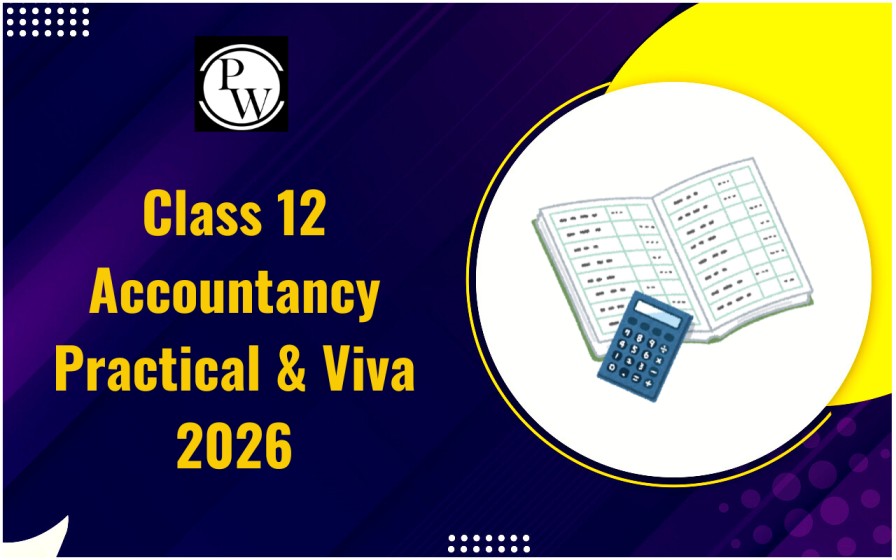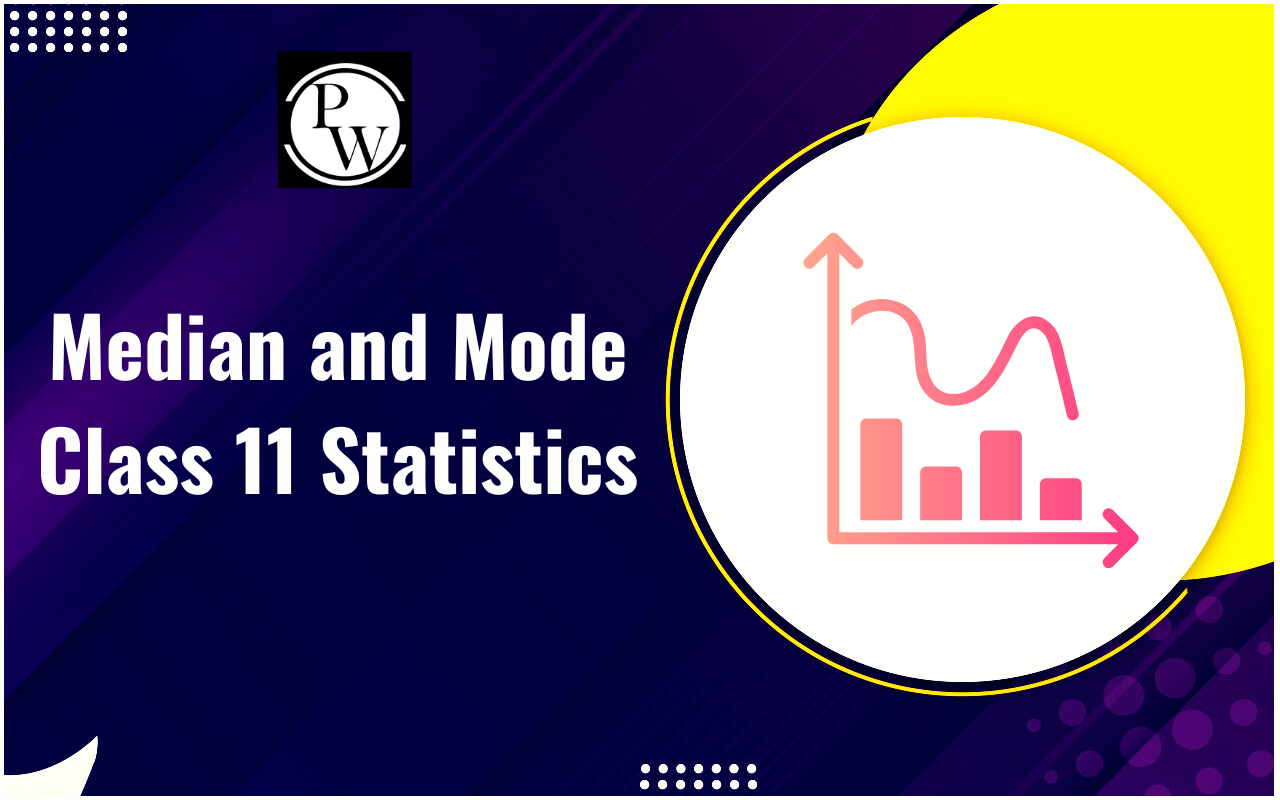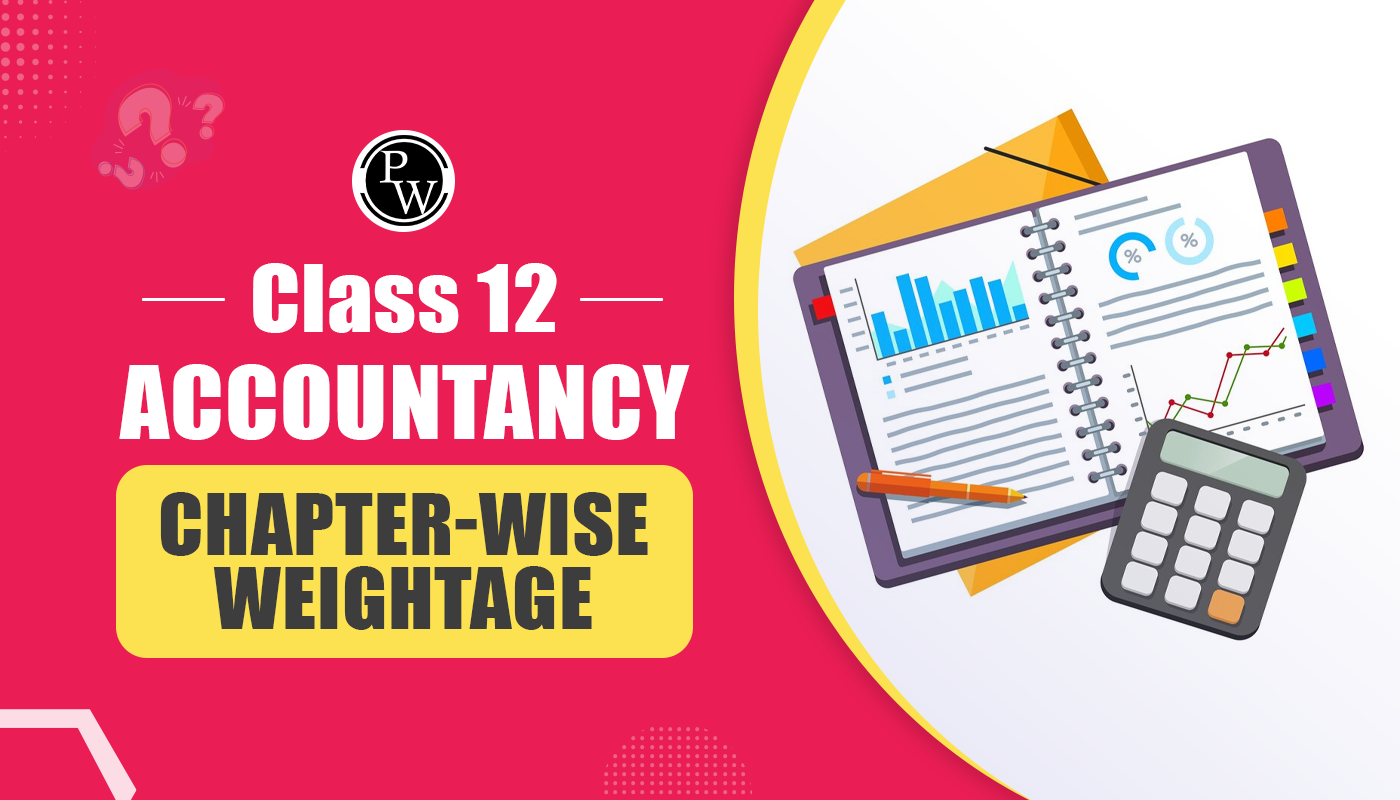
Secured Debts and Unsecured Debts: In commerce, borrowing is common, yet not all loans are created equal. Secured debts and unsecured debts represent two distinct borrowing categories, each with unique characteristics and implications. Secured debts are supported by collateral, such as real estate or valuable assets, providing lenders with security and often resulting in lower interest rates for borrowers. On the other hand, unsecured debts lack collateral and typically carry higher interest rates, reflecting increased risk for lenders. Understanding the differences between these two types of debts is essential for borrowers looking to make informed financial decisions and lenders assessing risk. This article offers a concise overview of secured and unsecured debts, shedding light on their defining features and implications for individuals navigating the borrowing landscape.
What Is Secured Debt?
Secured debt is debt that is supported by an asset, such as a car or a house. If you default on the loan or fail to make repayments, the creditor can seize this asset instead of initiating a debt collection process or suing you for the owed payments. The most common type of secured debt involves consensual loans, where you agree to use your property as collateral. However, there are also various types of nonconsensual loans. Nonconsensual debts include money judgments that a creditor files against you or tax liens placed on your property due to unpaid federal, state, or local taxes. Secured debt is a loan that uses an asset as collateral, such as a house, car, or gold. If the borrower defaults on the loan, the lender can seize the collateral to recoup their losses instead of suing the borrower or opening a debt collection.Advantages of Secured Debt
Secured debt offers numerous advantages for both borrowers and lenders. By requiring collateral, such as real estate or valuable assets, secured loans provide lenders with added security, which often translates into favourable terms for borrowers. Here are the key benefits- Enhanced Security with Collateral : Collateral, such as real estate or valuable assets, provides lenders with greater assurance, leading to lower interest rates for borrowers.
- Lower Monthly Payments : The likelihood of lower interest rates with secured debt results in slightly reduced monthly payments for borrowers.
- Accessibility for Borrowers : Secured loans are often more accessible, particularly for individuals with lower credit scores or limited credit history, as the collateral validates their ability to repay debt.
- Extended Repayment Terms : Secured debt frequently offers longer repayment periods, as lenders are more inclined to provide extended terms due to the presence of collateral.
- Alleviation of Monthly Cash Flow Pressure : Longer repayment terms associated with secured debt can alleviate pressure on borrowers' monthly cash flow, providing greater financial flexibility.
What Is Unsecured Debt?
A loan is considered unsecured if it is not supported by any underlying assets. Examples of unsecured debt include credit cards, medical bills, utility bills, and other situations where credit is extended without a collateral requirement. Unsecured loans pose a significant risk for lenders because borrowers might default on the loan, possibly through bankruptcy. In such cases, the lender can attempt to sue the borrower for repayment. However, without specific assets pledged as collateral, the lender may be unable to recover their initial investment. Unsecured debt refers to loans that are not backed by collateral. If the borrower defaults, the lender might be unable to recoup their investment, as the borrower is not obligated to offer any particular assets as security for the loan.Advantages of Unsecured Debt
Unsecured debt can be a beneficial option for those who need quick access to funds without the risk of losing personal property. However, it's important to manage this type of debt responsibly, as interest rates can be higher and defaulting can have significant consequences for your credit score and financial stability. Unsecured debt offers several advantages for borrowers:- No Collateral Requirement : Borrowers are not required to pledge any assets as security. This means you don't risk losing valuable property, such as a home or car if you default on the loan.
- Simplified Application Process : Since there is no need to assess the value of collateral, the application process for unsecured loans is typically faster and more straightforward.
- Flexibility : Unsecured debt can be used for a variety of purposes, including consolidating other debts, covering unexpected expenses, or funding personal projects.
- Accessibility : These loans are often easier to obtain for individuals who do not own significant assets, making credit accessible to a wider range of borrowers.
- No Asset Valuation : There's no need for asset valuation or inspection, saving time and costs associated with these processes.
- Potential for Lower Upfront Costs : Since there is no need for property appraisal or legal fees associated with securing an asset, upfront costs can be lower.
- Less Risk of Asset Seizure : In the event of default, while your credit score may be impacted and legal action may be taken, your assets are not at immediate risk of seizure by the lender.
Difference between Secured Debts and Unsecured Debts
Before checking into the comparison between secured debts and unsecured debts, it's essential to understand the fundamental distinction between these two types of borrowing. Secured debts are supported by collateral, such as real estate or valuable assets, providing lenders with a safety net in case of default. In contrast, unsecured debts do not require collateral, relying solely on the borrower's creditworthiness. This crucial difference has significant implications for both borrowers and lenders, impacting interest rates, borrowing limits, and risk assessment. Let's explore these disparities further in the comparison table below.| Difference between Secured Debts and Unsecured Debts | ||
| Aspect | Secured Debts | Unsecured Debts |
| Collateral Requirement | Backed by specific assets (e.g., house, car) | No collateral required |
| Interest Rates | Typically lower due to reduced lender risk | Generally higher due to increased lender risk |
| Borrowing Limits | Higher loan amounts | Lower loan amounts |
| Repayment Terms | Longer repayment terms | Shorter repayment terms |
| Risk to Borrower’s Assets | The lender can seize the collateral if the borrower defaults | No immediate risk to personal assets if the borrower defaults |
| Examples | Mortgages, auto loans | Credit cards, medical bills, personal loans |
| Application Process | More complex due to asset valuation and paperwork | The simpler and faster application process |
| Upfront Costs | This may include costs for appraisal and legal fees | Lower upfront costs, no need for asset appraisal |
| Accessibility | Requires ownership of valuable assets | More accessible to individuals without significant assets |
| Impact of Default | Loss of pledged assets (e.g., foreclosure or repossession) | Potential lawsuits, negative credit impact, but no immediate asset seizure |
Difference between Secured Debts and Unsecured Debts FAQs
Are Personal Loans Secured or Unsecured?
What is the limit of a secured loan?
What happens in a secured loan?










